May 17, 2025 | 05:04 GMT +7
May 17, 2025 | 05:04 GMT +7
Hotline: 0913.378.918
May 17, 2025 | 05:04 GMT +7
Hotline: 0913.378.918
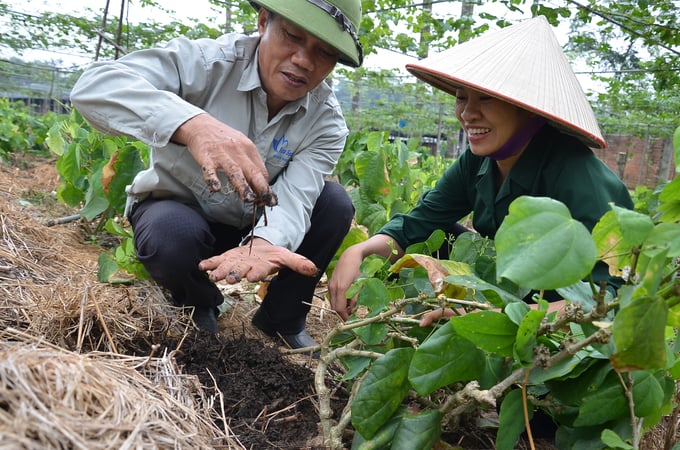
Ms. Truong Kim Hoa checks the growth rate of earthworms. Photo: Duong Dinh Tuong.
They naturally reproduce on the farm to help control pest populations, following the principle of natural balance. She teaches hundreds of workers how to differentiate between the cocoons of red-eyed bees and caterpillars, ensuring that they preserve the nests of beneficial predators like praying mantises. Pesticides made from natural ingredients like garlic and chili are only used when pest numbers become excessive; otherwise, they allow red-eyed bees to have space to lay their parasitic eggs. If all pests were eliminated, it would mean there would be no place for the red-eyed bees to breed. Weeds are removed by hand or dug out from the roots to ensure they don’t compete with the crops.
Ms. Truong Kim Hoa is the owner of Hoa Vien Farm, located in Yen Binh, Thach That, Hanoi. Each year, her expansive farm supplies thousands of tons of organic vegetables under the brand name Dai Ngan to the market in Hanoi and surrounding regions. These vegetables meet the rigorous organic standards of some of the world’s most discerning markets, including the USA (USDA), Europe (EU), and Japan (JAS).
Her journey into agriculture began in 2004 when she acquired an 8.000 square meter plot of land to establish her farm. Initially, she hired someone to manage the operation, but after facing several challenges and failures, she decided to take on the responsibility herself. Although she had been prone to illness, her health has improved significantly since she began practicing clean agriculture, and she finds her mind and spirit are much more at ease.
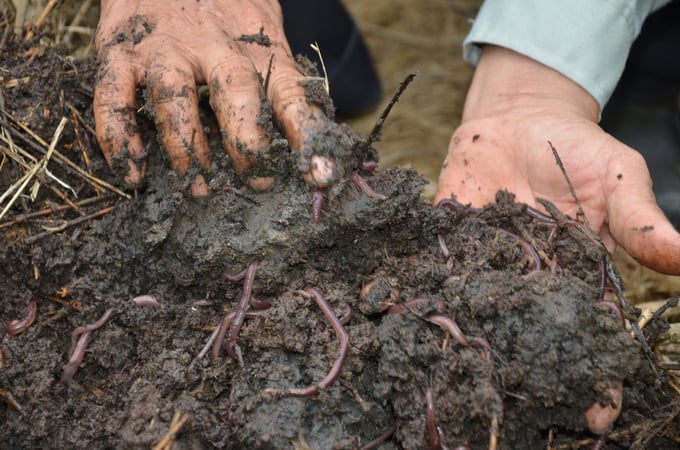
Earthworms are raised to consume waste and produce fertilizer. Photo: Duong Dinh Tuong.
The profits generated from vegetable cultivation, along with savings accumulated over the years, have enabled her to purchase more land, allowing her farm to expand to over 60 hectares. This growth has transformed her operation into a model of an ecological, circular, and closed-loop farm, setting an example not just for Hanoi but for the northern region of Vietnam as a whole.
Creating a diverse ecosystem rich in natural predators has required her dedication to applying sustainable practices. She employs crop rotation and intercropping techniques for her vegetable crops, and she integrates multiple species in her perennial plantings. Additionally, she grows cover crops to enhance soil quality, utilizing green manure plants such as soybeans, mung beans, and peanuts to enrich the soil. She also maintains a buffer zone of primary forest, which serves as a habitat for various animal and plant species.
One fortunate aspect of her journey as an organic farming enthusiast is that the soil in this area remains untainted by chemical pesticides, synthetic fertilizers, or industrial pollution. This clean foundation has allowed her to cultivate leguminous plants that effectively fix nitrogen in the soil, which she combines with the earthworm fertilizer produced on her farm. This approach not only enhances the fertility of the soil but also improves its structure, ensuring a healthy growing environment for her crops.
The spring water from Vua Ba Mountain is very pure and is used for irrigating the crops. Due to the stringent organic standards from abroad, the farm does not use any chemicals at any stage of production. The cultivation area is completely isolated from nearby residential areas and local farmers' fields. All waste generated during the harvesting and processing of vegetables is collected by the workers and becomes food for the earthworms. The earthworm fertilizer is then returned to the fields to nourish the vegetables.
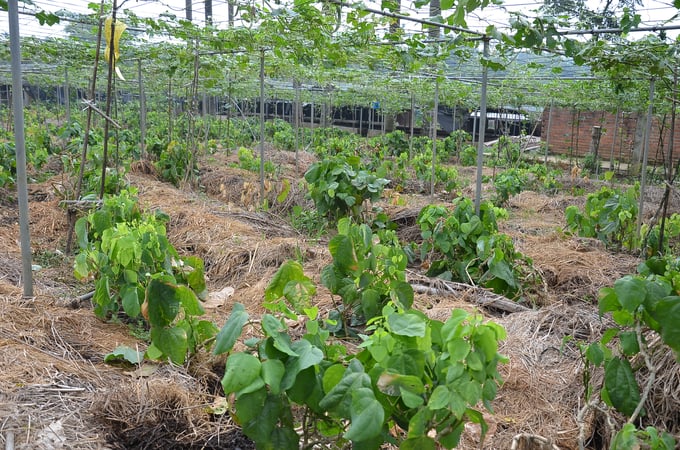
The rows of indigenous plants are cultivated organically on the farm. Photo: Duong Dinh Tuong.
In terms of crop varieties, the farm exclusively uses native plants from Ba Vi Mountain rather than genetically modified organisms. This includes a range of local vegetables and medicinal herbs. Initially, her intention for these herbs was to provide remedies for the pigs on the farm. However, as she recognized their greater potential for human health, she decided to pursue their cultivation for consumer use. Although these medicinal plants have high market value, they take longer to reach harvest, which is why she also grows vegetables and raises earthworms. This strategy helps generate immediate income, ensuring that the farm's 100 workers always have work and a stable livelihood.
Living by a peaceful Buddhist philosophy, Ms. Hoa is deeply committed to organic farming as a means to promote health for the environment, the producers, and the consumers alike. She views her work as contributing to a better future for humanity. This approach embodies her belief that those who engage in ethical farming practices can create positive impacts and blessings for society, fostering a sense of harmony and well-being in the community.
Translated by Phuong Linh

(VAN) Vietnam’s TH Group officially put its high-tech fresh milk processing plant into operation in the Russian Federation, marking a historic moment as the first TH true MILK cartons were produced in Russia.

(VAN) Use of high-quality broodstock and biotechnology is regarded as the most effective approach to ensuring sustainable and economically viable shrimp aquaculture ahead of climate change and the emergence of increasingly intricate disease patterns.

(VAN) Carbon farming is a form of agricultural practices that helps absorb more greenhouse gases than it emits, through smart management of soil, crops, and livestock.

(VAN) This is a key content of the Memorandum of Understanding recently signed between the Vietnam Fisheries Society and Kunihiro Inc of Japan.

(VAN) To achieve the goal, local authorities and businesses in Kon Tum province have fully prepared the necessary conditions for the new Ngoc Linh ginseng planting season.
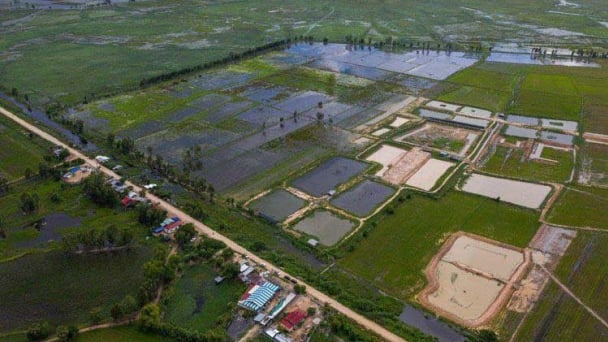
(VAN) Jiangsu province is gearing up to host training programs in Phnom Penh, the capital of Cambodia, this year to establish the Fish and Rice Corridor.
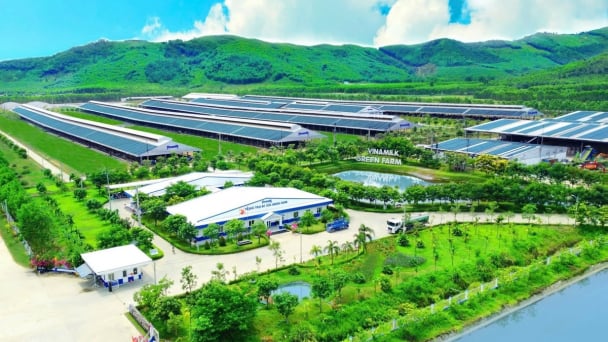
(VAN) Le Hoang Minh, representing Vinamilk, shared the company's experience in energy saving and green energy transition for production at a workshop held during the P4G Summit.